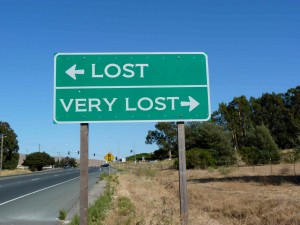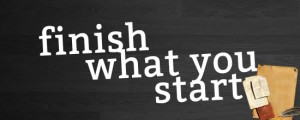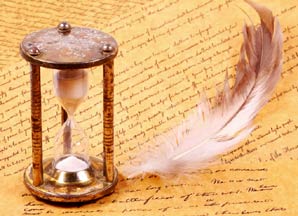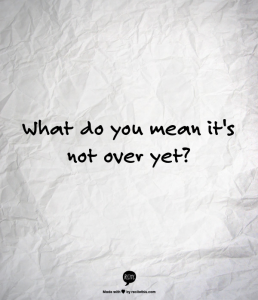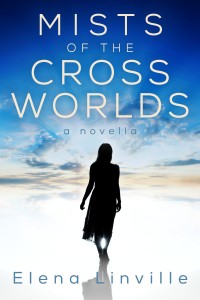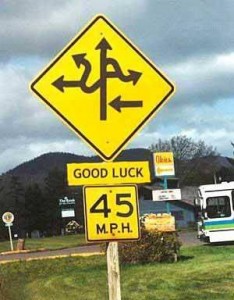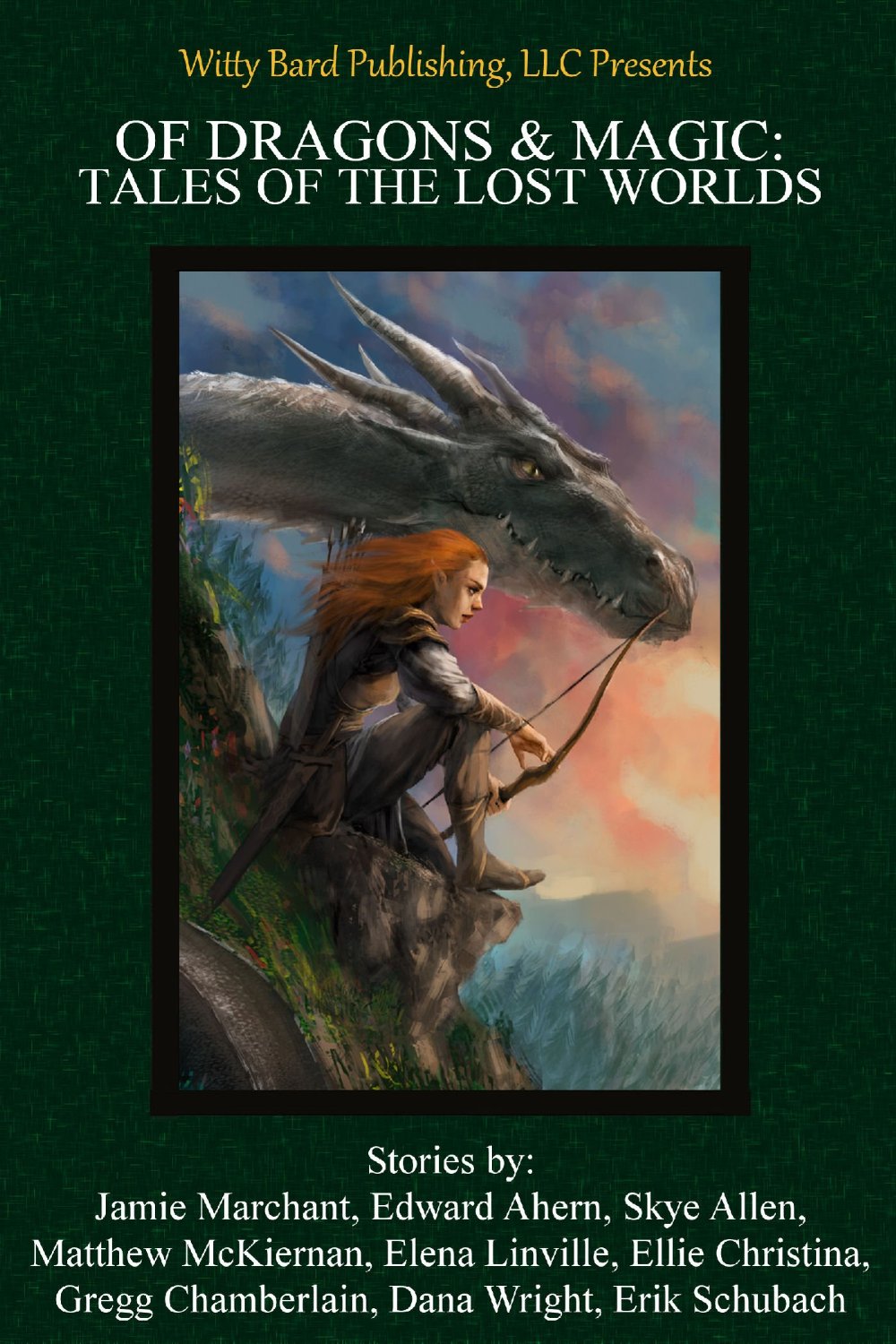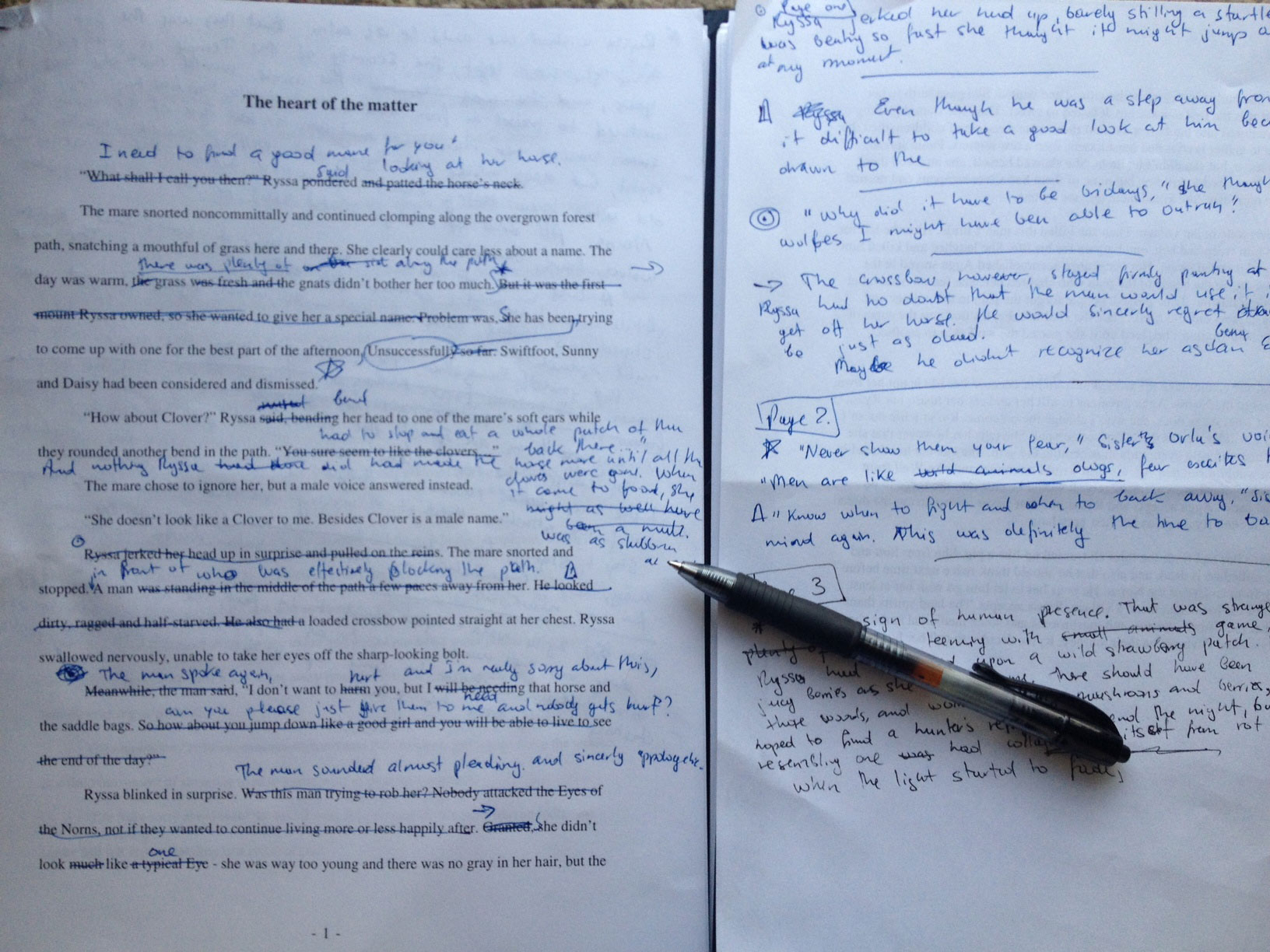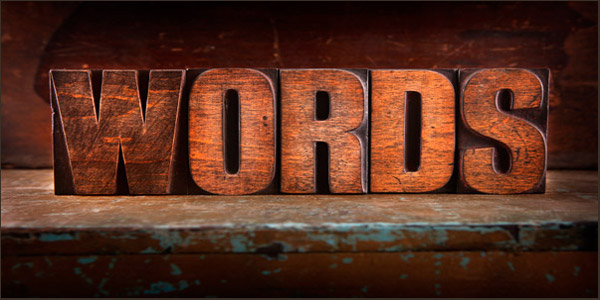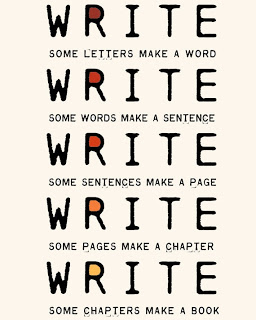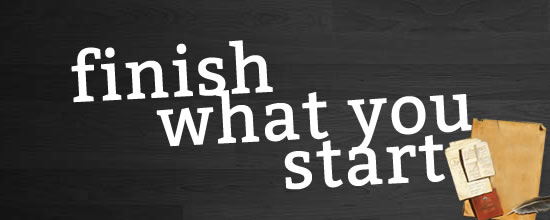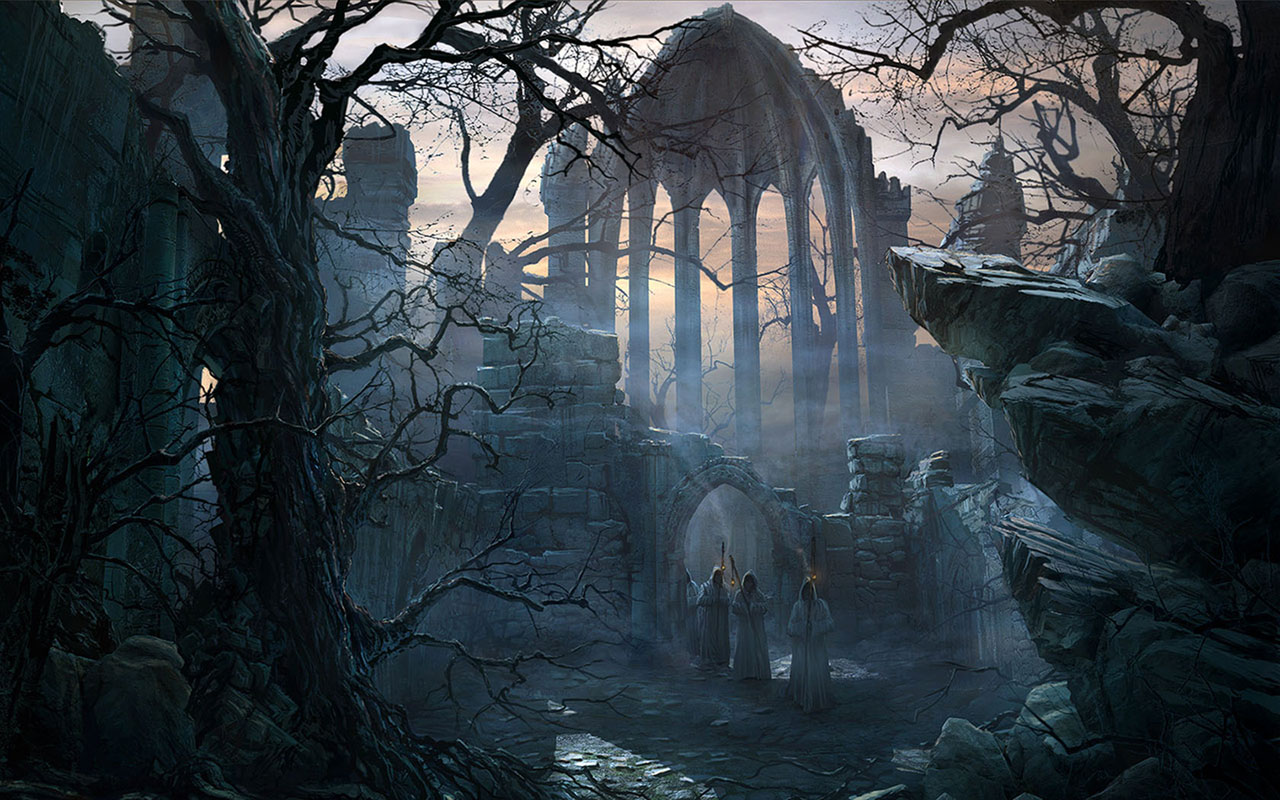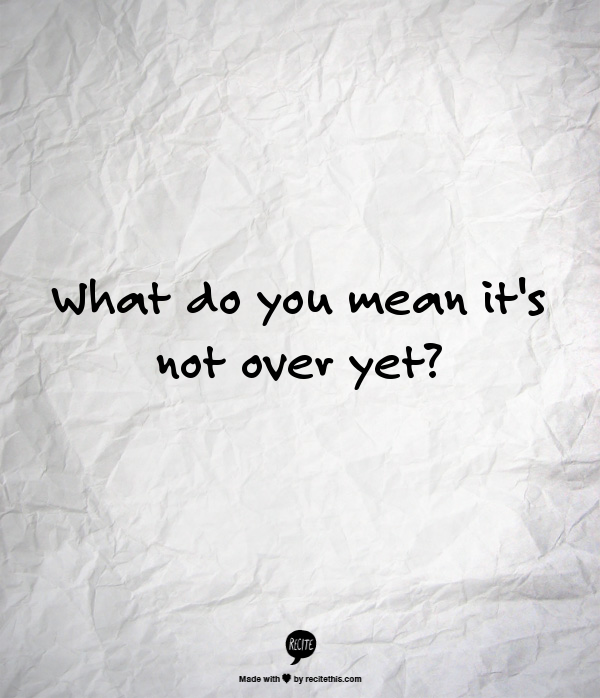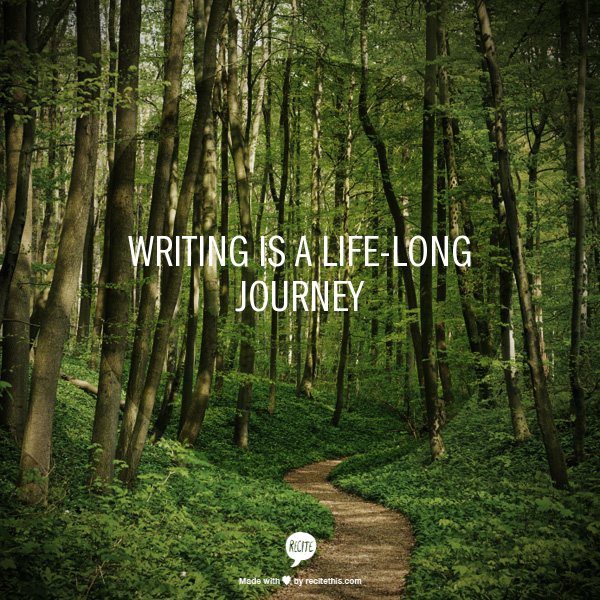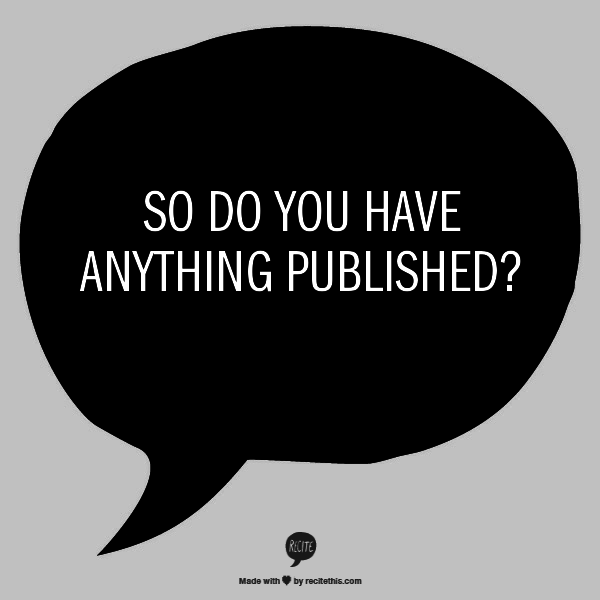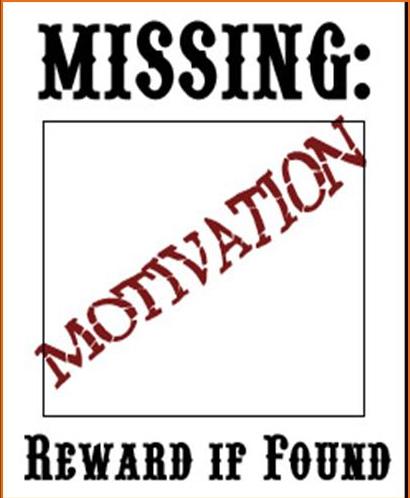
I’ve always read a lot of books, as you can probably see from the new book reviews coming up on my blog every Friday. Until I started writing myself, I’d never took time to analyze what makes me stop reading though. What makes me groan in frustration, shrug in indifference, or simply close the book and never bother opening it again.
Well, my reading list has skyrocketed since I started getting review requests from self-published authors, so a lot more books pass in front of my eyes. And I think I might have grown a bit less tolerant when it comes to sticking with a book or putting it down. I used to read the first 50 pages to give the book a chance before I decided whether I was going to finish it or toss it. Now I usually stop after Chapter 1. And in the case of several books, I couldn’t get past the first few paragraphs.
So it got me thinking, and I tried to differentiate the few things that will make me stop reading a book every single time. And once I was done with my list, I thought it would be interesting to share it with my readers, because isolating the problems helped me look at my own writing critically as well. Hopefully, you will also find this useful. So here we go. What makes me stop reading a book?
- The story takes too long to start.
Maybe I’m the product of this age when so many things clamor for my attention that unless a story grabs me from the get go, I will likely put it down and go look for something else. So when a story starts with a long prologue that usually doesn’t have anything to do with the story itself, it’s sure to dampen my enthusiasm. If Chapter 1 starts on a dream or the character reflecting about weather or some mundane things and nothing happens for the first 5 pages – chances are I won’t bother reading any further.
And I came upon a few books that did exactly that – start with prologue, then a dream, then the character wakes up and makes coffee, reflecting about the nasty storm outside his window… for over 10 pages. I don’t know if the story picks up after that, because I yawned, closed to book and moved on to something else.
I tried to read a book by a fellow indie author who had requested a review, and I just couldn’t get into the story. I felt so bad about it that I stuck for five whole chapters. But during those chapters, absolutely nothing happened that had anything to do with the actual story. The character went to work in his book store, then went to his birthday party, had a weird dream and finally met with a friend for lunch. Yes, the character was doing things and moving around, but after 5 chapters I still had no idea what the story would be about. So I had to pass on that book, even if I felt extremely bad about it.
- The protagonist has no voice or all the narrators sound the same.
Voice is extremely important, because we see the world through the protagonist’s eyes, or through the perspective of several characters if the book is told in alternating POVs. If we are going to stick with this story, we need to like the character telling it, or at least be interested in what he or she has to say.
I can forgive a lot of things, like a slow dragging narrative, if I love the character’s voice. It’s like some real life friends who cannot tell a story without going on tangents all the time, but you can’t help laughing at their words, because of the way they go about telling the story.
But I have noticed that in most of the self-published books I came across the characters have no voice whatsoever. I don’t know if the authors rushed to publish their work without polishing it, or if they didn’t have a very good grasp on their characters, but the result is a dry and lifeless narrative from a protagonist that has less life in him or her than a cardboard cutout.
- Head hopping or messed up POV.
This one will make me drop the book like it’s on fire. I have no problem with alternating POVs, heck I read the Song of Ice and Fire and there are A LOT of different characters narrating several parallel stories. But for the love of God, the Maker, the Creators, Buddha or any other deity out there, please don’t switch POVs in the same scene. Don’t hop from head to head in the same damn dialogue. Just DON’T.
Head hopping is annoying. It’s confusing as s&^t and it makes my head hurt after a while. It also makes me want to throw my Kindle at the wall or set it on fire just not to have to put up with the story (I don’t do that, because it would get very expensive very fast). Heck, that’s one thing I can’t forgive even fanfiction authors, and I can forgive fanfiction authors a lot of things.
So pick the character who is narrating a particular scene and stick with him or her. If you need to give another character’s perspective on the same events, by all means start another scene for that. But don’t flutter from head to head like a humming bird on crack, unless you want to give your readers motion sickness.
- The book hasn’t been edited.
Notice how I put this point way at the bottom? That’s because if I love the story and the character’s voice, I can forgive poor grammar and some misplaced commas. I can even get over some wonky formatting problems. But if the book looks like the author hadn’t even bothered to run a basic spell check, yet alone hire an editor, chances are that I will quit reading, no matter how good the story is. Because I can’t keep myself immersed in a story if I stumble over misspelled words every other sentence, or if my fingers itch to pick up a red pen and start correcting everything. And I’m not even a native English speaker! I can’t even imagine how painful that would be for those who were born speaking English.
And it’s so sad because unlike the other three points in my list, this last one can easily be remediated if the author hadn’t rushed the publication and took time to find an editor. I know editing services are expensive, but some editors accept fair trade as well instead of money. And not going through this essential step and investing to get it done properly will hurt your book and your credibility in the long run.
Pfew, that turned out to be longer than I planned! Anyway, those are the four points that turn me off a book every time. What are your pet peeves? What makes you close a book and put it aside?


